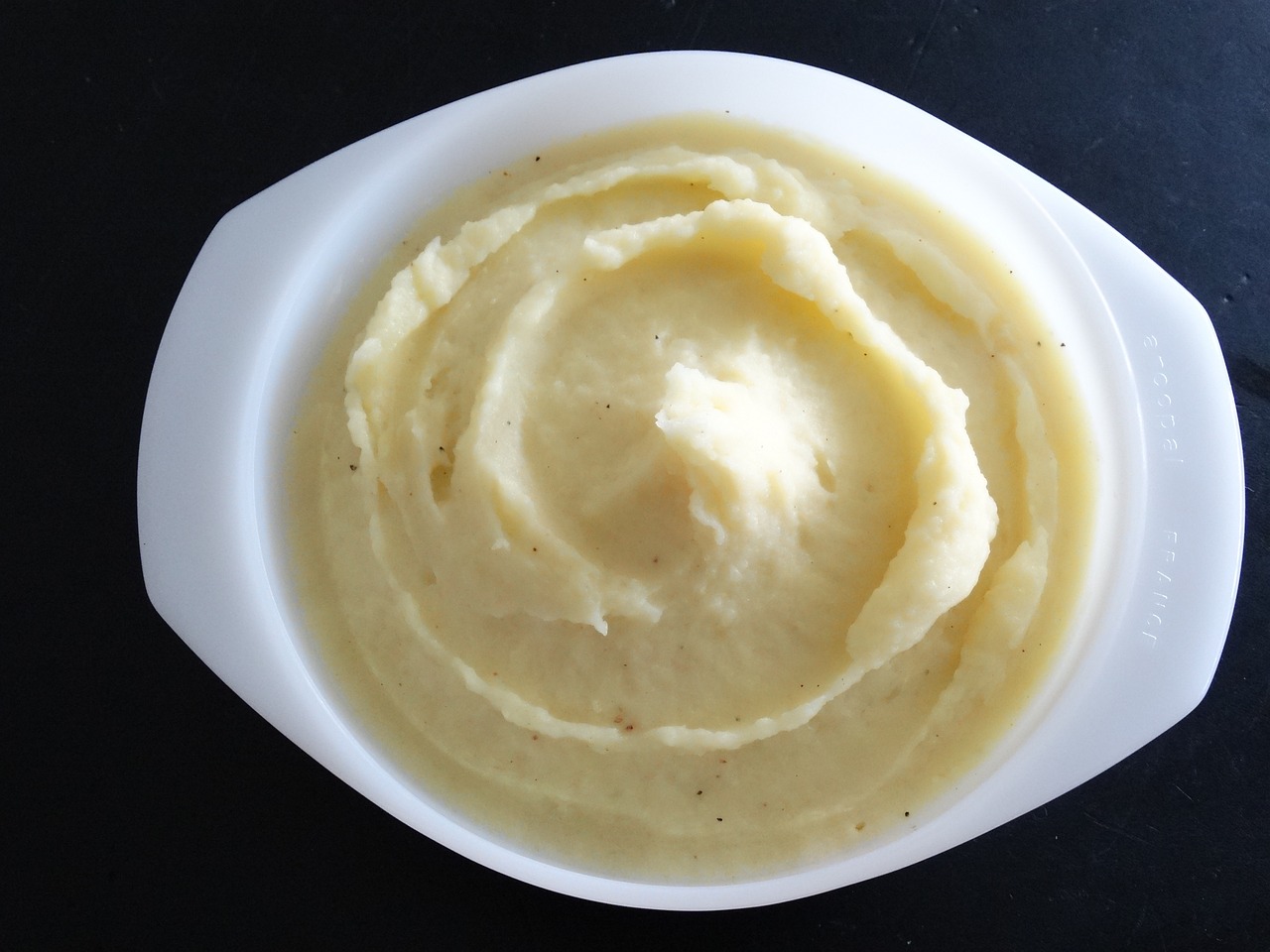Listen, I get it. You’re a busy person. You don’t have time to be sniffing around your kitchen, looking for expired food like some sort of culinary detective. You’ve got more pressing matters to deal with, like watching cat videos on YouTube or contemplating the existential questions of our time, like why “abbreviated” is such a long word. But, dear reader, have you ever wondered about the state of the eggs lounging in your fridge? Yeah, those oval guys that you bought back when mullets were still ironically cool? You don’t? Well, you should. We’re talking about the fine line between a tasty omelet and some serious stomach gymnastics.
The Sniff Test: Because Your Nose Knows
Look, you don’t have to be a human bloodhound to tell if an egg is bad. All you need is a moderately functioning nose. Open the carton and take a whiff. If you’re greeted by a smell that reminds you of wet dog or something that crawled up from a swamp, you’ve got a bad egg, my friend. Seriously, even Shrek would say, “Donkey, that’s revolting.” Toss it.
The Float Test: Because Eggs Aren’t Scuba Divers
Get a bowl of water. Place the questionable egg inside. If it sinks, congratulations, your egg hasn’t learned to swim and it’s probably fresh. If it floats, however, we’ve got a problem. No, the egg isn’t trying to become the next Michael Phelps; it’s bad. When eggs age, the liquid inside starts to evaporate, leaving a gas bubble that makes the egg buoyant. When you see a floating egg, what you’re actually witnessing is an egg silently screaming, “I’ve gone bad, human, why did you forsake me?”
The Visual Check: Because Looks Aren’t Deceiving When it Comes to Eggs
Say you’re brave, or perhaps foolish, and you crack the egg open anyway. If you notice any shades that aren’t typically associated with a healthy, appetizing egg — like pink or green — don’t you dare think of throwing that into your frying pan. It’s not Easter, and that egg isn’t dressed up to impress you. Those colors are the egg’s way of telling you that it’s joined the dark side. Listen to it.
The Sound Check: Because Eggs Shouldn’t Sing
Hold the egg close to your ear and shake it. Hear nothing? Good. Hear a sloshing sound? Bad. Fresh eggs are quiet, dignified beings that don’t need to make noise to grab your attention. An old egg, however, is desperate for you to notice how bad it’s gotten. That sloshing sound? That’s its cry for help, its way of saying, “Don’t eat me, unless you want a one-way ticket to Vomitville.”
The Candle Test: Because Your Eggs Deserve a Spotlight, Too
If you’re still skeptical after all the sniffing, floating, and listening, let’s go for a more romantic option: the candle test. Now, before you start planning a candlelit dinner for your eggs, know that this is a strictly platonic relationship. Take a flashlight — unless you’re Amish, then, by all means, use a candle — and shine it through the eggshell. What you’re looking for is, well, nothing. A good egg should show a yolk neatly nestled in a cloudy blob of egg white. If you see weird shapes moving around like they’re auditioning for a low-budget horror film, then congratulations, you’ve just found an egg ready for its Hollywood debut in “The Scrambling Dead.” Toss it.
The ‘Sell-By’ Date: The Enigma Code of the Culinary World
Ah, the ‘sell-by’ date. You know, that thing printed on the side of your egg carton that you need a PhD in cryptology to understand? Yeah, you may have been ignoring it like those unread software agreement terms, but here’s the deal: While these dates aren’t the end-all, be-all of food safety, they do give you a rough idea of when you should start scheduling that egg funeral. Remember, eggs are like high-school sweethearts; they’re great for a time, but they don’t always age well.
The Taste Test: The Last Resort for the Truly Fearless (or Foolish)
I do not recommend this step, and it should only be a last resort. Like, if your egg has passed every other test, and you’ve even named it and considered knitting it a little egg-cozy. If you’re still not sure, you could cook it (thoroughly) and then taste it. One tiny bite won’t hurt, but it could save you from a kitchen disaster. If the taste is off — even slightly — that egg should not pass Go, it should not collect $200, and it should certainly not end up in your digestive tract.
So, there you have it. You now have all the tools at your disposal to catch those nefarious, unscrupulous eggs before they wreak havoc on your stomach. Give yourself a pat on the back and maybe even crack open a good egg to celebrate. You’ve earned it, Detective.
In conclusion, if you’ve made it this far without deciding that eggs are too much work and you should stick to cereal, congratulations. You are now qualified to perform egg evaluations, a skill you can add to your LinkedIn profile under ‘miscellaneous talents.’
Remember, when it comes to eggs, the stakes are high. We’re not just talking about breakfast; we’re talking about the sanctity of your digestive system, the integrity of your kitchen, and, quite possibly, the future of humanity itself. No pressure.
P.S. You may also be interested in: The One and Only Guide to Boiling Eggs



